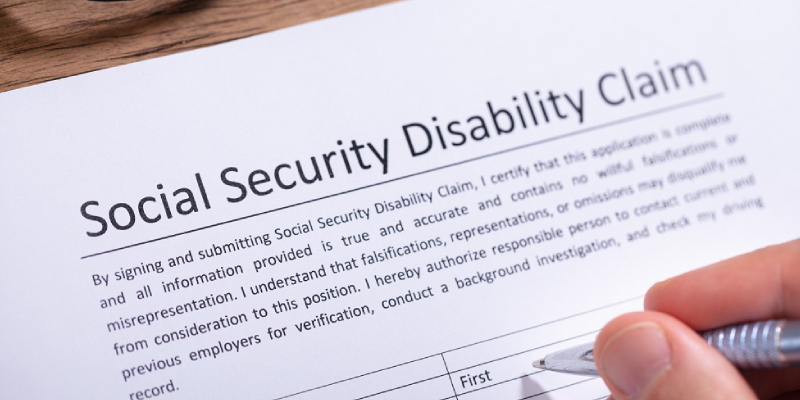
Administrative law judge (ALJ) decisions denying Social Security Disability claims can be appealed to federal court after all administrative appeal remedies have been exhausted. This is accomplished by filing a civil action against the Commissioner of the Social Security Administration in United States District Court.
Despite the filing of a civil action, however, the District Court does not function as a trial court in these cases. It does not conduct a de novo review to determine whether the Plaintiff is entitled to disability benefits.
Instead, the District Court functions in an appellate role to determine whether the ALJ decision is supported by substantial evidence and whether any legal errors were committed.
In the Middle District of North Carolina, the District Court directs the Plaintiff to file a motion to reverse the decision of the Commissioner and a supporting brief after the initial pleadings have been filed. The Defendant is directed to file a motion to affirm the Commissioner’s decision, along with a supporting brief. These motions and briefs are filed pursuant to Federal Rule of Civil Procedure 7(b).
A United States Magistrate Judge reviews the motions, supporting briefs, and the administrative record and issues a recommended judgment to the District Court. A District Court judge then reviews any properly filed objections to that recommendation and issues a final judgment. In most cases, the District Court’s judgment either affirms the ALJ decision or reverses the decision and remands for a new hearing before the ALJ.
After the Defendant’s motion and brief are filed, Local Rule of Civil Procedure 7.3(h) allows the Plaintiff to file a reply brief. But should a reply brief be filed?
Some disability attorneys recommend against filing a reply brief out of concern that the District Court may not be favorably inclined towards such briefs. They argue that there is no need to file a reply because briefs filed by government lawyers are often of poor quality.
My view is that a reply brief should almost always be filed by the Plaintiff’s attorney. Why?
It is a tactical mistake to allow the government lawyers to get the last word before the Magistrate Judge issues a recommended judgment. Doing so concedes a definite advantage by allowing their responses to your arguments to go unchallenged. If the government lawyers expose weaknesses in your arguments, it is a sure tactical mistake to forego the opportunity of shoring up those weaknesses with a reply brief.
Filing a reply brief switches the advantage back to you by allowing your responses to the government’s arguments to go unchallenged. A good reply brief by the Plaintiff exposes the weaknesses in the government’s arguments. The Rules of Civil Procedure allow the government lawyers no further response and keep the Magistrate Judge’s attention focused on the weaknesses of their case.
Government lawyers often make incorrect legal arguments that are nevertheless tempting to the Magistrate Judge. For example, ALJs frequently fail to explain how the evidence supports the findings they make in disability hearing decisions. This is a violation of the Commissioner’s own policies and rules and, as a matter of law, is reversible error under applicable case law.
A common tactic of government lawyers representing the Commissioner is to argue that the ALJ decision should be affirmed because the evidence in the administrative record could have supported the ALJ’s findings. This is a harmless error argument.
The government lawyers ask the District Court to affirm an ALJ decision based on determining what the ALJ COULD HAVE DONE. But this exceeds the Court’s scope of review, which limits the District Court to reviewing what the ALJ ACTUALLY DID DO.
These arguments by government lawyers are post hoc rationalizations that attempt to provide belated justifications of the ALJ’s denial of a disability claim. Well-established case law prohibits the District Court from upholding a federal agency decision based on post hoc rationalizations.
Don’t let government lawyers get away with arguing un-challenged post hoc rationalizations. File a reply brief and demonstrate why the District Court cannot rely upon the government’s arguments. Seize the tactical advantage, scuttle the government’s arguments, and give yourself the best chance of winning your client’s case.
